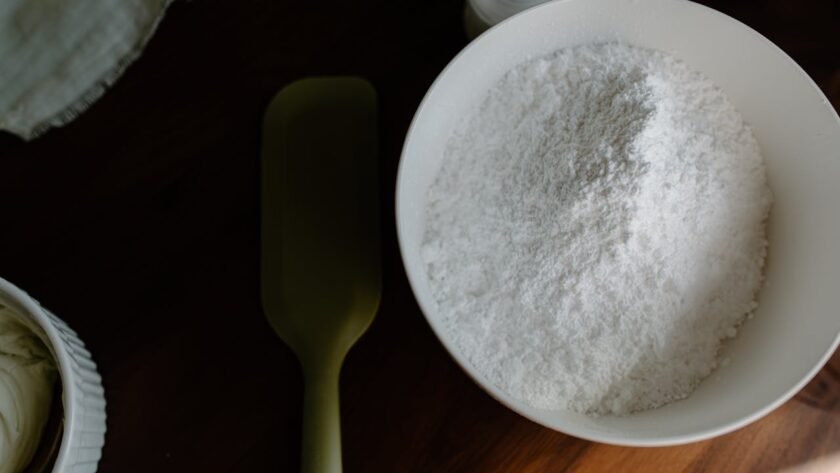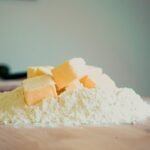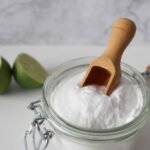Does Baking Powder Go Bad? Understanding Shelf Life, Storage, and Signs of Spoilage
Baking powder is a staple ingredient in baking, used as a leavening agent to help baked goods rise and achieve a light and fluffy texture. However, like many pantry items, baking powder has a limited shelf life and can lose its effectiveness over time. In this comprehensive guide, we’ll explore the question: does baking powder go bad? We’ll discuss the shelf life of baking powder, how to store it properly, and how to tell if it has gone bad.
Understanding Baking Powder
Baking powder is a chemical leavening agent composed of an alkaline substance (typically baking soda) and an acidic compound (such as cream of tartar). When mixed with liquid and exposed to heat, baking powder releases carbon dioxide gas, causing dough or batter to rise during baking.
Shelf Life of Baking Powder
Baking powder does have a shelf life, and its effectiveness gradually diminishes over time. Most commercially available baking powders are labeled with a “best by” or expiration date, which typically ranges from 6 months to 2 years from the date of manufacture. However, the actual shelf life of baking powder depends on factors such as storage conditions and the presence of moisture.
Factors Affecting Shelf Life
- Moisture: Exposure to moisture can cause baking powder to clump and lose its potency. It’s essential to store baking powder in a cool, dry place to prevent moisture absorption.
- Air Exposure: Exposure to air can also impact the shelf life of baking powder. Once opened, baking powder begins to react with moisture and carbon dioxide in the air, leading to a decrease in effectiveness over time.
- Temperature: High temperatures can accelerate the degradation of baking powder, causing it to lose its leavening power more quickly. It’s best to store baking powder in a cool, dark pantry away from heat sources.
How to Store Baking Powder Properly
To maximize the shelf life of baking powder and maintain its effectiveness, follow these storage tips:
- Store baking powder in an airtight container to protect it from moisture and air exposure.
- Keep baking powder in a cool, dry place away from heat sources, such as the stove or oven.
- Avoid transferring baking powder to metal containers, as metal can react with the acidic components of the powder.
- Check the expiration date regularly and replace baking powder as needed.
Signs of Spoiled Baking Powder
While baking powder doesn’t necessarily spoil in the same way as perishable foods, it can lose its effectiveness over time. Here are some signs that your baking powder may have gone bad:
- Clumping: If baking powder has absorbed moisture, it may clump together and become hard.
- Inactivity: Test the potency of baking powder by adding a small amount to warm water. If it doesn’t fizz and bubble, it may have lost its leavening power.
- Off odor or taste: Spoiled baking powder may have a stale or off odor and taste, indicating that it has degraded.
While baking powder does have a shelf life, proper storage and handling can help extend its longevity and maintain its effectiveness. By storing baking powder in a cool, dry place and checking it regularly for signs of spoilage, you can ensure that your baked goods rise to perfection every time. Remember to replace baking powder as needed to maintain the quality of your baked creations




